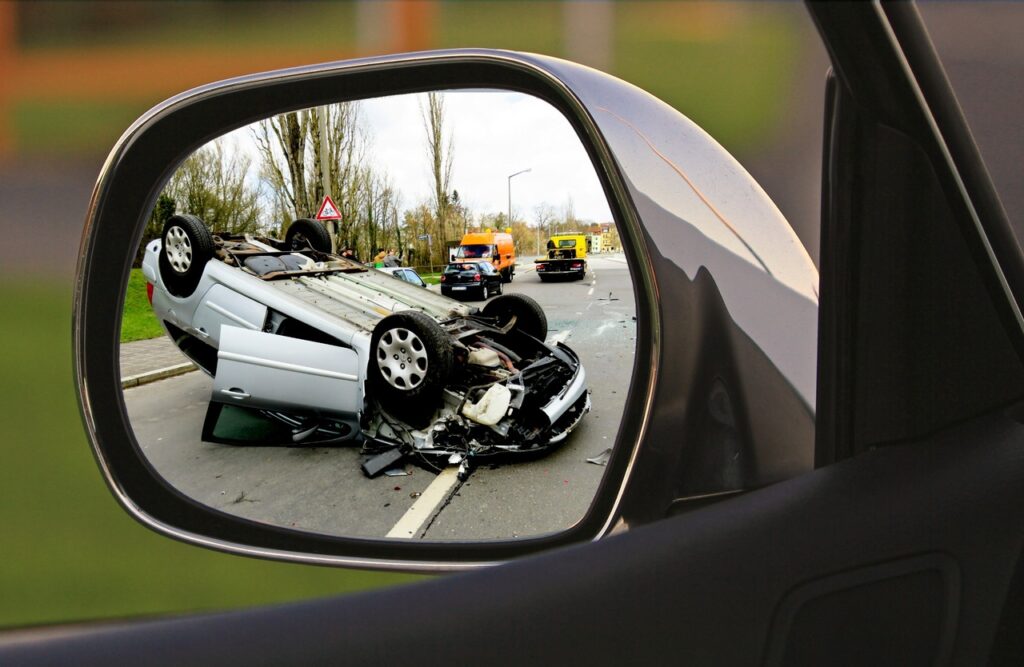Now Reading: Can you refuse a DUI checkpoint?
-
01
Can you refuse a DUI checkpoint?
Can you refuse a DUI checkpoint?
In 2016, there were 71.6 DUI arrests per 100,000 people in Miami-Dade. Many of those arrests took place at DUI checkpoints. If you find yourself approaching a checkpoint, you must stop. The only exception to this rule is for DUI checkpoints that are not illegal.
That said, you do have some control over the situation. Find out what you should know about DUI checkpoints in Miami.
Why Isn’t It Against the Law?
According to a 1990 Supreme Court Case, DUI checkpoints meet the standard of a reasonable search and seizure. Despite that ruling, DUI checkpoints are illegal in some states. The police are not allowed to stop drivers if they have no probable cause.
However, the state of Florida allows for DUI checkpoints. The police can stop you and ask for a license. Then, they can ask you to take a sobriety test if you give them a reason to believe you’re intoxicated.
Fortunately, there are some laws in place to protect you. Those laws keep the police from abusing their power and treating you unfairly.
Three Minute Rule
The first law you should know about is the three minute rule. No police officer can keep cars at a traffic stop for over three minutes. If the stop takes longer than three minutes, the officer should suspend the checkpoint and only stop select vehicles. This must continue until the traffic is stopped for under three minutes.
Notification of Checkpoints
According to Florida law, police agencies must notify the public of DUI checkpoints. They need to post the date and location of the checkpoint before it happens. There are several websites and apps available for those who want to find out about the checkpoints. However, you should avoid drunk driving at all costs.
Field Test Refusal
While at the checkpoint, a police officer might ask you to perform a field test. It’s important to know that it’s within your rights to deny the field test. This includes the one-leg stand, the walk and turn, and the horizontal gaze Nystagmus test.
Although you have a right to refuse the test, doing so could do more harm than good. An officer may consider your refusal to be suspicious. Then, they could request a breathalyzer. Unlike field test refusal, breathalyzer refusal comes with immediate consequences. The penalty for a breathalyzer refusal is license suspension.
How to Handle Your Checkpoint
If you find yourself at a DUI checkpoint, don’t fret. The more worried or upset you get, the more suspicious you will seem. Avoid being rude and aggressive with the officer. Display your driver’s license and get out of the vehicle if the officer asks you to come out.
After that, you do have a choice. You’re not required to answer the officer’s questions. If you have been drinking, you should consider asking for an attorney. Giving the wrong answers could incriminate yourself.
Even if you choose to be silent, you should be polite about it. One of the worst things you could do is anger the officer. If possible, avoid confrontation.
If you’re arrested for drunk driving, it’s imperative that you contact an attorney. One mistake and you put your case in jeopardy. By speaking with a lawyer, you may be able to limit the charges or have them dismissed.
Stroleny Law knows the serious consequences that come with a DUI conviction. Call an attorney today and get the representation that you deserve.








